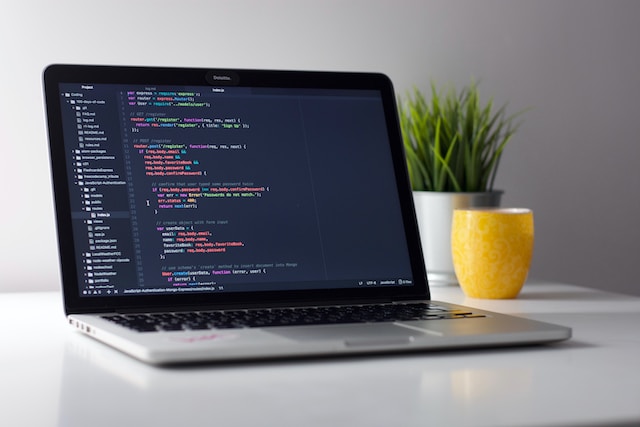Programming is a skill that can be mastered with dedication, practice, and a growth mindset. Whether you're a beginner or an experienced developer, there are always opportunities to enhance your coding skills. In this blog, we'll explore effective strategies and techniques that will help you sharpen your programming abilities and take your skills to the next level.
Start with the Basics:
To improve your coding skills, it's crucial to have a strong foundation. Ensure you have a solid understanding of fundamental concepts and syntax for the programming language you're working with. Take the time to study and practice core concepts like variables, loops, conditionals, and data structures. Online tutorials, coding bootcamps, and textbooks are great resources to refresh your knowledge or learn these concepts from scratch.
Write Code Regularly:
Consistent practice is key to improving any skill, and programming is no exception. Set aside dedicated time each day or week to write code. Build small projects, solve coding challenges, or contribute to open-source projects. The more you code, the more familiar you become with the language and its intricacies. Additionally, actively seek feedback on your code to uncover areas for improvement.
Work on Real-World Projects:
While coding exercises and challenges are valuable for practice, working on real-world projects is where you truly refine your skills. Take on projects that align with your interests or address real problems you want to solve. Building something tangible allows you to apply your knowledge, encounter real-life challenges, and learn from your mistakes.
Collaborate and Seek Feedback:
Engaging with the programming community and collaborating with other developers can significantly enhance your skills. Participate in coding forums, attend meetups, and join online communities such as GitHub. Engage in pair programming or code reviews to learn from others and receive constructive feedback. Embrace opportunities to share your knowledge and help others, as teaching reinforces your understanding of concepts.
Read Code and Learn from Others:
Reading code written by experienced programmers exposes you to different coding styles, design patterns, and problem-solving techniques. Explore open-source projects or popular libraries in your chosen programming language. Analyze the codebase, understand its structure, and learn from the decisions made by experienced developers. This exposure to code written by others can broaden your perspective and improve your own code quality.
Stay Updated and Learn New Technologies:
The programming landscape is constantly evolving, with new technologies and frameworks emerging regularly. Stay updated with industry trends, and continuously learn new tools and technologies. Attend conferences, webinars, and workshops to expand your knowledge. Experiment with new languages or frameworks by building small projects. Being adaptable to change and continually learning will keep your skills sharp and relevant.
Practice Problem Solving:
Programming is not just about writing code; it's about solving problems efficiently. Practice algorithmic problem-solving by working on coding challenges from websites like LeetCode or HackerRank. These exercises sharpen your analytical skills, help you optimize code, and expose you to different problem-solving techniques.
Conclusion:
Improving your programming skills is an ongoing journey that requires determination, patience, and continuous learning. By focusing on the basics, practicing regularly, working on real-world projects, collaborating with others, reading code, staying updated, and honing your problem-solving abilities, you can transform into a proficient programmer. Remember, the key is consistent effort and a passion for learning. So, roll up your sleeves, embrace the challenges, and embark on this exciting journey of mastering the art of programming!
Happy coding!
Photo by Clément Hélardot on Unsplash



